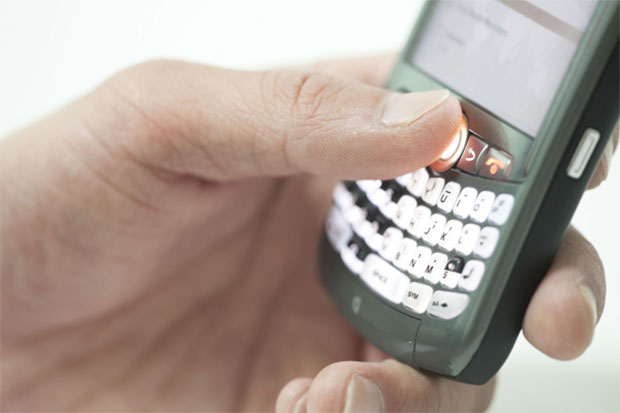We truly live in an electronic age, where if you build it, they will come and use your software-based invention- as long as it is also better, cheaper, and more convenient than its predecessor. When it comes to money and payments, however, the acceptance criteria becomes a bit more strained. Just because you can “do it” does not necessarily mean that it is safe and secure. Where trust is heavily involved, change moves at a measured pace, even when smartphones are the slickest new way to pay.

The internet was the last great wave of change to sweep across the payments industry. Yes, there were many consumers that jumped into online shopping with reckless abandon, but when the horror stories began to appear in the press about lost identities, fraudulent purchases, and endless hours of arguing with your friendly bankers to get your money back from the thieves, the general public withdrew in droves. It took immense effort to correct the security shortcomings of the new system and then to lure back slowly the trust and confidence of the masses.
How secure is my smartphone really?
Despite the ongoing efforts to re-architect how we buy things, today’s designers need to recall recent past history. There are several questions that must be addressed before trust will be freely given:
- How secure is my phone? If it is to house my “wallet,” credit card information, and personal identity data, then what precautions have been taken to secure them? Passwords and encryption techniques tend to overly complicate a simple purchase transaction;
- What happens when I lose my phone? Can I easily block its usage when I am not present, after the loss or theft?
- What happens when I upgrade my phone? How easily will I be able to transfer my wallet’s value, controlled by a different entity, to my new phone? Will encrypted programs prevent an orderly transfer of data and money?
- Who will stand behind my financial loss? Federal legislation and banks protect me from losses on my cards due to theft, but what happens if I loaded my “Google Wallet” from other cards? Will Google refund me or will it be a long and drawn out affair?
- When I use a “tap-and-pay” solution, will my data be in the “cloud” for anyone to discover and steal? Cell phone calls can be intercepted, so it stands to reason that an ordinary purchase transaction that is “wireless” could be received by any passerby, intent on picking up private information.
These five questionable areas are of real concern, and there are, perhaps, many more if we put our collective minds to it. Many of these new experiments are finding willing merchants that hope to garner more loyalty from their respective customer bases. One high profile example is Starbucks. They will download a free “app” to your smartphone that allows you to wave your phone at a terminal to exchange value from the wallet or cards embedded in your phone.
Are passwords safe?
Is there a different kind of problem with this approach? Jim Van Dyke, founder and president of Javelin Strategy & Research, reveals that, “When you have a phone with a Starbucks payment app in it, generally speaking that thing is in the ‘on’ position all the time. It’s like walking through a parking lot and that car’s engine is running all the time and it is open.”
Will passwords protect you? Studies show that only 38% of the public secures their phone with a password. The best advice is — Use caution before leaping into the next great way to pay.
